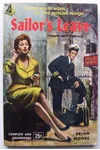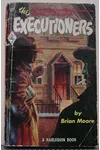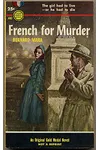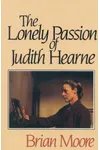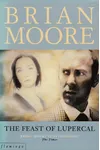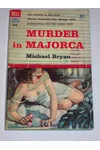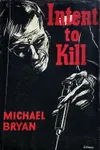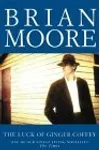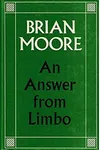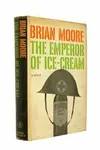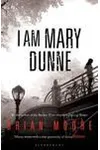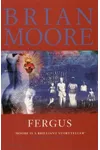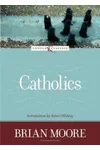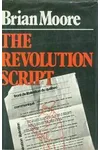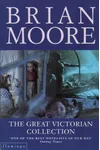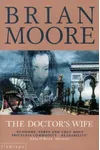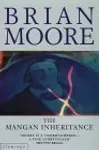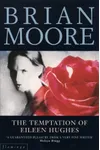Picture a Belfast-born storyteller who spun tales of faith, identity, and quiet rebellion—meet Brian Moore! Known as a 'writer’s writer,' Moore crafted elegant novels that danced across continents, from the gritty streets of Northern Ireland to the wilds of 17th-century Canada. His sharp insight and lucid prose earned him global acclaim and a lasting place in literary hearts.
Moore’s stories weren’t just books—they were windows into the human soul, often exploring the tug-of-war between belief and doubt. With three Booker Prize nominations and a knack for capturing women’s inner lives, he’s a literary gem worth rediscovering. Let’s dive into his world!
The Making of Brian Moore
Born on August 25, 1921, in Belfast, Northern Ireland, Brian Moore grew up in a devout Catholic family with nationalist roots. His father, a surgeon, and his uncle, a Gaelic League founder, shaped a childhood steeped in faith and Irish pride. But young Brian, a self-proclaimed 'teenage leftie,' began questioning it all at St. Malachy’s College. World War II whisked him away from Belfast, serving in North Africa and Europe, before he landed in Canada in 1948. There, working as a journalist for the Montreal Gazette, he found his calling as a novelist.
Moore’s early years were a crucible of exile and reinvention. Rejecting the Catholicism and nationalism of his youth, he embraced a stateless identity, later settling in Malibu, California. This outsider’s perspective fueled his ability to write piercingly about isolation and moral conflict, setting the stage for a remarkable career.
Brian Moore’s Unforgettable Stories
Moore’s debut, The Lonely Passion of Judith Hearne (1955), is a heartbreaking masterpiece. It follows a lonely Belfast spinster whose dreams of love and respectability crumble into alcoholism, revealing Moore’s gift for empathetic, clear-eyed storytelling. The novel, banned in Ireland for its frankness, became a classic, later adapted into a film starring Maggie Smith.
His versatility shone in works like The Luck of Ginger Coffey (1960), a poignant tale of an Irish immigrant’s struggles in Canada, and Black Robe (1985), a gripping historical novel about Jesuit missionaries in 17th-century Quebec. Lies of Silence (1990), a taut thriller set during The Troubles, earned a Booker nod for its unflinching look at moral dilemmas. Moore’s style—spare, vivid, and emotionally precise—brought diverse settings to life, often focusing on women’s psychological depth, a rare feat for a male novelist.
Themes of faith, identity, and exile threaded through his 20 novels. Whether exploring a cardinal’s crisis in The Colour of Blood or a woman’s unraveling in I Am Mary Dunne, Moore’s stories asked big questions about what it means to be human, earning praise from Graham Greene and Seamus Heaney alike.
Why Brian Moore Matters
Brian Moore’s impact on Irish literature and beyond is profound. His Belfast novels, like The Emperor of Ice Cream, captured the city’s post-war repression with raw honesty, influencing writers like Lucy Caldwell and Jan Carson. His ability to weave universal themes into specific cultural contexts made him a bridge between Irish, Canadian, and global literary traditions. Shortlisted three times for the Booker Prize and honored with awards like the James Tait Black Memorial Prize, Moore’s legacy endures in his fearless exploration of the human condition.
Moore’s work remains a touchstone for readers seeking stories that challenge and move. His centenary in 2021 sparked renewed interest, with Belfast hosting festivals and readings, proving his stories still resonate. As a chronicler of doubt and resilience, Moore’s voice is timeless.
- Born: August 25, 1921, Belfast, Northern Ireland
- Died: January 10, 1999, Malibu, California
- Key Works: The Lonely Passion of Judith Hearne, Black Robe, Lies of Silence
- Awards: James Tait Black Memorial Prize (1975), three Booker Prize shortlists
About Brian Moore
Snag The Lonely Passion of Judith Hearne and dive into Brian Moore’s soul-stirring world of faith, doubt, and human connection!
